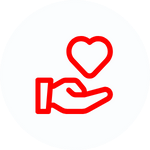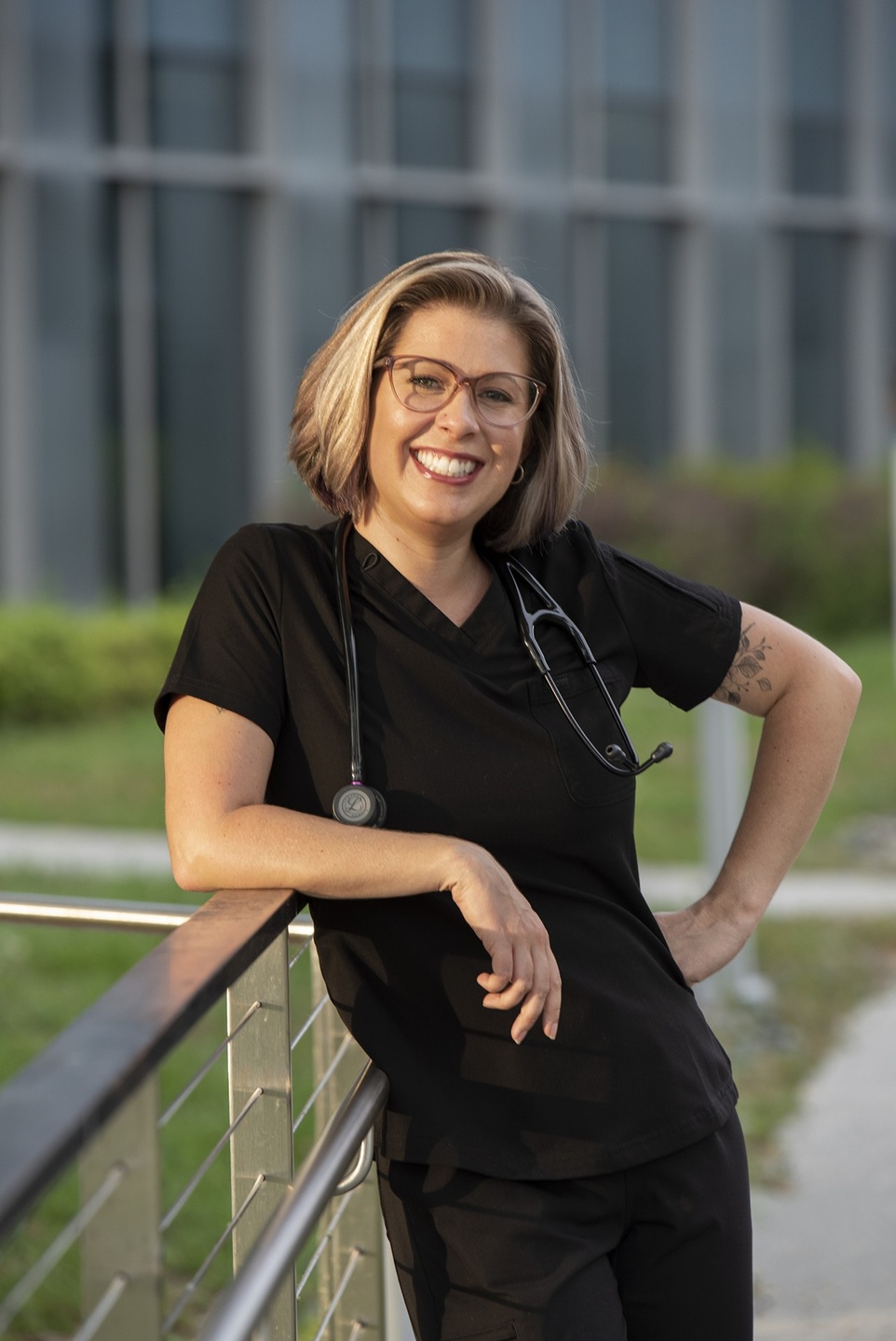Rapid Response & Rescue Course
The Nurse's Role When the Patient Is Crashing
A five-lesson introductory course designed specifically for nurses who want to improve their ability to respond to emergencies.
Always Bring Your A-Game
A course for nurses who want to respond to emergencies quickly and with a level head.
The thought of being unprepared or drawing a blank when a patient is crashing is a real fear for many nurses. That's why the Rapid Response & Rescue course was created—to address this and how you respond to it.
In this course, you'll learn:
- How to quickly decipher when your patient is stable or unstable
- What signs to look for that tell you a patient is declining
- How to keep yourself calm when tensions are high
- How and when to help without getting in the way
- How to advocate in a way that gets results

Get These Skills & More
when you take the Rapid Response & Rescue course

Rapid Assessment Skills
Get a framework—and learn how to use it—to quickly assess how sick your patient really is.

Crisis Management Skills
Learn how to assess your own stress reaction when a patient is crashing and skills to overcome your overwhelm.

Skills for Patient Advocacy
You'll gain confidence and learn verbiage to advocate for your patient to the interdisciplinary team.
The Nurse Behind the Course
Sarah Lorenzini, MSN-ED, RN, CCRN, CEN
Hey there! I'm Sarah, a Rapid Response Nurse who loves telling stories to teach critical thinking.
When I designed this course, I included all the things I wish someone would have told me about responding to emergencies. I want to share with you all the tips, tricks, and concepts that took me years to fully obtain.
My nursing career started in the ER, and I have since worked in the Cardiac ICU, on the Rapid Response Team, taught as a Nursing Professor and ER Nurse Educator, and COVID brought me back to the bedside as a Rapid Response Nurse once again. I hold a Masters degree in Nursing Education and have my CCRN and CEN certifications. I have taught ACLS, PALS, and NRP, and have been a speaker at several nursing symposiums.
My podcast, "Rapid Response RN," is where I share real-life stories from the frontlines of nursing, as well as break down the pathophysiology, pharmacology, and the nurse's role in caring for that patient.
I am so passionate about using stories to teach difficult concepts and giving nurses the knowledge and tools they need to feel competent and confident when responding to emergencies, and I can't wait for you take this course and get the skills you need to succeed.

"I want you to be at the top of your game, knowing how to jump into action when your patient is crashing!"
— Sarah Lorenzini, MSN-ED, RN, CCRN, CEN
Successful Nurses
Hear from those who've taken the Rapid Response & Rescue course.

Kat, CVICU RN
Florida
"This course has helped me learn how to approach emergencies as a Nurse and how to best advocate for my patients with confidence. I loved hearing how Sarah performs her rapid assessments to try to efficiently gather data. I can easily implement her method into my own practice to provide exceptional care."

Tempa, ICU RN
California
"The Rapid Response & Rescue course gave me the foundational knowledge, quick assessment skills, and confidence to respond to any emergency, whether it's a rapid response or my own patients in the ICU. With the skills taught in this course, I feel like I can advocate for my patients to get the care they need promptly, because I will be able to communicate my assessment findings more clearly to the interdisciplinary team."

Makisha, ER Nurse
Georgia
"The Rapid Response & Rescue course is a great tool if you're a new nurse, new to responding to medical emergencies, or just wanting to touch up your assessment skills. Sarah does a great job guiding you on how to think your way through your next rapid response. I wish I could have taken this course when I was new to emergency nursing!"

